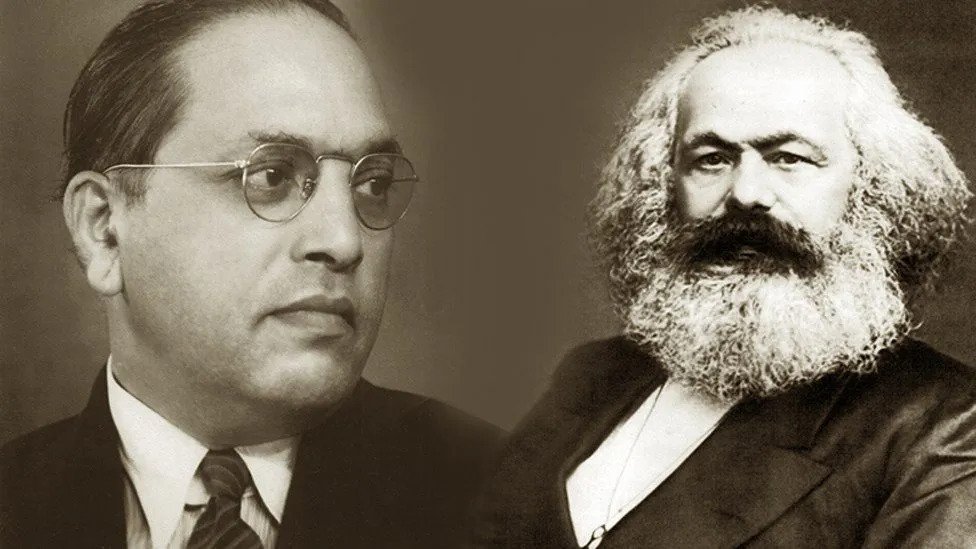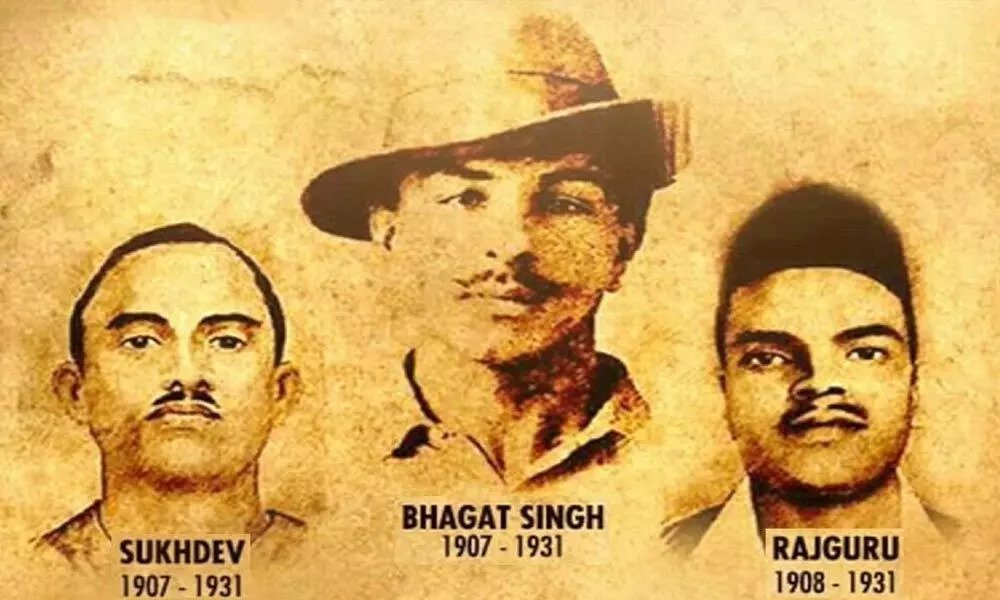By: Dr. Ratan Bhattacharjee
76th Independence Day is going to be celebrated with much fanfare. According to the official website of Azadi ka Amrit Mahotsav launched by the Ministry of Culture in March, the celebrations for the 75th Independence Day kicked off on March 12, 2021, in a 75-week countdown and will end after a year on August 15, 2022. This indicates that India finishes 75 years since freedom. There is a plethora of books on Indian Freedom by the great leaders of the movement and Mahatma Gandhi Lala Lajpat Rai Ambedkar, Dr. Rajendra Prasad Bhagat Singh Netaji Subhash or Jawaharlal Nehru have expressed their views on Indian freedom in some of their books.
Hind Swaraj Mahatama Gandhi was banned by the British government under the pretext of being seditious, Mahatma Gandhi wrote it in the form of a dialogue between Gandhi and his close friend, Pranjivan Mehta as they argue about beliefs based on civilization, conditions of India, and England, passive resistance, and education.
In “Why I am an Atheist”, Bhagat Singh’s one of the most famous essays written in 1930 in the Lahore Central Jail where he was imprisoned. The essay was a reply to Singh’s religious friends who thought he became an atheist because of his vanity and self-admiration.
India Divided by Rajendra Prasad traces the origins and growth of the Hindu–Muslim conflict and gives a summary of the several schemes for the partition of India which were put forth. It also shows how the suggested scheme of Partition was unfeasible and proposes a new solution to the Hindu–Muslim dichotomy.
Discovery of India was written during Nehru’s four years of confinement to solitude in prison and is his way of paying homage to his beloved country and its rich culture. The book is a broad view of Indian history, culture, and philosophy.
Lala Lajpat Rai in his book Unhappy India gave a reply to Katherine Mayo, a journalist who wrote a biased book on India depicting only its problems. Rai compared Indian society with the USA and Britain of that time and pointed out that their situation is not much different than India.
BR Ambedkar is known as the ‘Father of the Indian Constitution, Ambedkar, in his book Annihilation of Caste argues that the immorality of caste was sustained by the Vedas and Shastras, and without “dynamiting” them there could be no reform. This essay talks about the caste system and the need for its destruction.
India Wins Freedom by Maulana Abul Kalam Azad is an enlightening account of the partition from the author. It includes his personal experiences when India became independent and his ideas on freedom and liberty. The book takes the form of an autobiographical narrative and goes over the happenings of the Indian Independence movement. The book traces the events that took place and ultimately led to the partition in a frank and profound manner. The book says that politics was responsible for the partition more than religion. It also states that India failed to maximize its potential when it gained independence. The book discusses political hypocrisy, and also touches upon contemporaries of the authors like Nehru, Gandhi, and Subhash Chandra Bose, and highlights their mindsets during that time.
In 2013 Sugata Bose wrote ‘His Majesty’s Opponent: Subhas Chandra Bose and India’s Struggle Against Empire this definitive and critically acclaimed biography of one of the most controversial Indian freedom fighters, Professor Sugata Bose analyzes Subhas Chandra Bose’s life and legacy, tracing the intellectual impact of his years in Calcutta and Cambridge, the ideas and relationships that influenced him during his time in exile and his ascent to the peak of nationalist politics. Using previously unpublished family archives, this account not only documents Subhas Bose’s thoughts during his imprisonment and travels but also illuminates the profundity of his struggle to unite the diversities of India, religious, economic, linguistic, into a single independent nation. But Netaji Subhas Bose himself wrote a bonafide autobiography of Netaji Subhas Chandra Bose, the unedited and original version. Written towards the end of 1937 during the European trip after being nominated as the Rashtrapati of Bharatvarsh, “An Indian Pilgrim” traces Netaji’s life story from birth till his resignation from the Indian Civil Service. In this autobiography, the author provides an honest and sincere account of his childhood memories, his life as a school-goer with a batch of cousins and relatives in Cuttack, his formative years of intellectual development as a promising student of Presidency College in Calcutta, his quest for spiritual enlightenment and his experiences as a student at the prestigious Cambridge University. It is an astounding account of his ideological development and his singular focus in India’s reconstruction in which a large part was played by Swami Vivekananda – “I was barely fifteen when Vivekananda entered my life. Then there followed a revolution within and everything was turned upside down.” The book recounts the development of the spirit of service, sacrifice, and zeal for national liberation, which were the driving forces of his life. The autobiography also throws much light on Netaji’s indomitable spirit in the freedom movement of India.
What Assam did during India’s freedom struggle is an integral part of the nation’s achievement as a whole. In a book of India’s freedom struggle, there is practically no mention of Assam and how the freedom-spirited people of this region rose to the occasion to break asunder the shackles of foreign domination. Assam in Indian Independence Arun Bhattacharjee published by Mittal Publications throws light on this aspect of our national struggle for freedom. This is perhaps the only book that brings Assam into the limelight while delineating India’s freedom struggle. Maniram Dewan was the martyr in the 1857 uprising which is otherwise called India’s First War of Independence. Anandaram Dhekial Phukan’s Regeneration of Assamese literature was a part and parcel of the national movement. In the early twentieth century, there was an emergence of a group of Assamese elites who were imbued with advanced political ideas and acted as advanced political ideas and acted as the torch-bearers of radical patriotism in Assam. Of the early champions of nationalism, mention may be made of Nabin Chandra Bardoloi, Tarun Ram Phookun, and Chandra Nath Sharma. Towards the final phase of the struggle, the field was held by Gopinath Bardoloi and Bishnuram Medhi. In addition, Kanaklata Baruah’s martyrdom in the Quit India Movement in 1942 which deserves to be delineated in flaming letters of gold has also been given sufficient coverage.
Hiranya Bora’s book Chandraprabha Saikiani: Iron Lady of Assam – has won the Bestseller Bluerose Awards 2021 is another book published by Blueros. The book is based on the life of a freedom fighter from Assam, Chandraprabha Saikiani. The emergence of feminism and feminist nationalism in Assam: role of Chandra Prabha Saikia.
Planter Raj to Swaraj – Freedom Struggle and Electoral Politics in Assam by Amalendu Guha is a re-issue of an influential work on Assam and the Northeast, 30 years after its original publication, with a new introduction by the author. Guha’s analysis extends from Assam in 1826, the year of the British annexation, to the post-independence conditions in 1950. The peculiar features of the region’s plantation economy; the imperialism of opium cultivation; the problems of a steady influx of immigrants and the backlash of a local linguistic chauvinism; peasants’ and workers’ struggles; the evolution of the riot sabhas, the Congress, trade unions and later of the Communist Party – such are the themes that have received attention in this book, alongside an analysis of legislative and administrative processes. The narrative is structured chronologically within an integrated Marxist framework of historical perspective and is based on a wide range of primary sources. “They may kill me, but they cannot kill my ideas.” This pledge of the freedom fighters is proved again and again from these above books on Indian independence. (The author is a senior academician and trilingual writer as well as a poet. He can be reached at profratanbhattacharjee@gmail.com)







